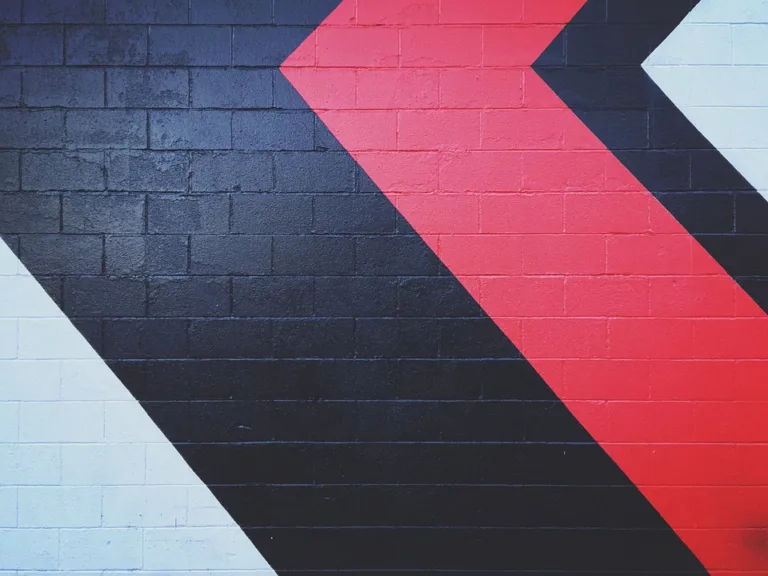
But in 2021, Kashyap said, Netflix shelved what would have been his magnum opus: an adaptation of the nonfiction book “Maximum City,” which explores Hindu bigotry and the extremes of hope and despair in Mumbai.
When the U.S. streaming giants, Netflix and Amazon’s Prime Video, entered India seven years ago, they promised to shake up one of the world’s most important entertainment markets, a film-obsessed nation with more than 1 billion people and a homegrown moviemaking industry with fans worldwide.
In the last four years, however, a chill has swept through the streaming industry in India as Prime Minister Narendra Modi’s Bharatiya Janata Party tightened its grip on the country’s political discourse and the American technology platforms that host it. Just as the BJP and its ideological allies have spread propaganda on WhatsApp to advance their Hindu-first agenda and deployed the state’s coercive muscle to squash dissent on Twitter, they have used the threat of criminal cases and coordinated mass public pressure to shape what Indian content gets produced by Netflix and Prime Video.
Today, a culture of self-censorship pervades the streaming industry here, manifesting in ways both dramatic and subtle. Executives at the India offices of Netflix and Prime Video and their lawyers ask for extensive changes to rework political plots and remove passing references to religion that might offend the Hindu right wing or the BJP, industry insiders say. Projects that deal with India’s political, religious or caste divisions are politely declined when they are proposed, or dropped midway through development. Even completed series and films have been quietly abandoned and withheld by Netflix and Prime Video from their more than 400 million combined viewers worldwide.
“Why greenlight it, then change your mind?” asked Kashyap, recalling how Netflix walked away from his three-part adaptation of “Maximum City,” based on the award-winning book by Suketu Mehta. “It’s invisible censorship.”
The Washington Post spoke to more than two dozen filmmakers, writers, producers and executives in India and the United States who shared their experiences and details about projects, many of which have not been previously reported. Many interviewees spoke on the condition of anonymity to preserve their relationships with Netflix and Prime Video. Amazon founder Jeff Bezos owns The Post. The Post’s interim CEO, Patty Stonesifer, sits on Amazon’s board.
